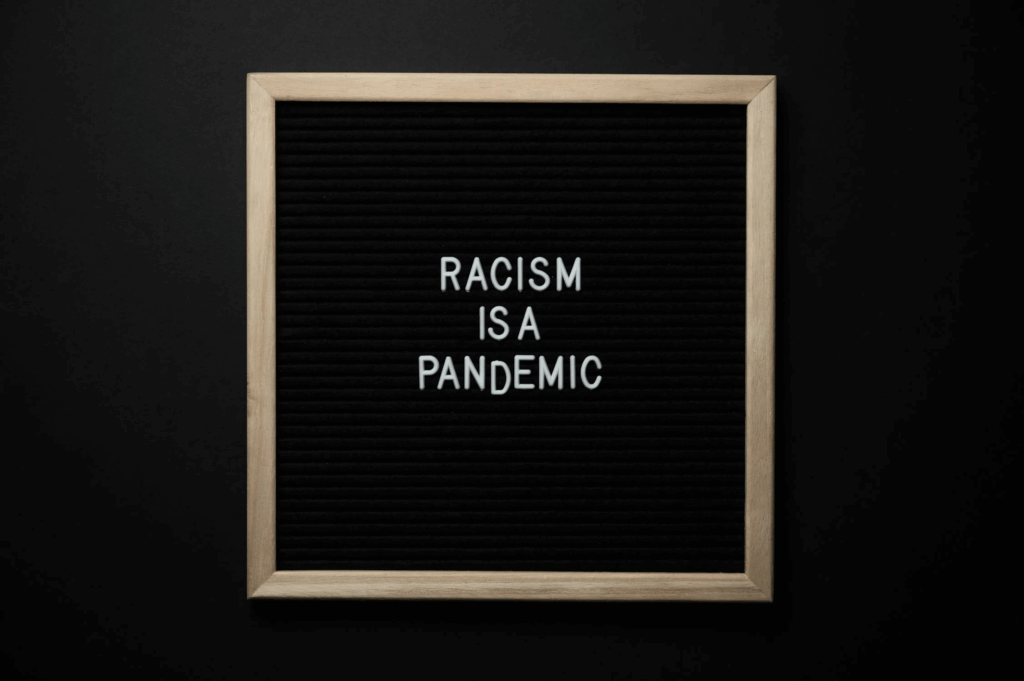Racism deeply affects students of color, creating emotional challenges in college. A 2020 study by Martinez et al. in the Journal of American College Health shows how racism, via racial discrimination, fuels depression and anxiety. Experiential avoidance (EA) significantly moderates this impact. Consequently, this blog explores these findings, offering insights for students, professionals, and campuses. It also highlights telehealth and EMDR therapy as supportive tools.

Racism’s Heavy Toll on Mental Health
Racial discrimination involves beliefs of inferiority based on race. For instance, a study with 200 students of color at a Northeastern U.S. university found 90% faced racism, like hostility, on campus yearly. Both frequency and stress of these events tied to higher depression, anxious arousal, and general anxiety, per the Depression, Anxiety, and Stress Scales (DASS). Moreover, racism acts as a chronic stressor for Latinx, Black, Asian, and Native American students. Thus, it fosters rumination and cognitive inflexibility.
Experiential Avoidance: Worsening Racism’s Impact
Experiential Avoidance (EA) is the rigid suppression of distressing emotions. Specifically, the study showed high EA scores strengthened links between frequent discrimination and depression, as well as racism’s stress and anxiety. Conversely, lower EA, or greater acceptance, weakened these links. Therefore, promoting emotional acceptance could help students cope with racism’s psychological burden. This approach enhances resilience against its harmful effects.
Why Racism Challenges College Students
College is pivotal, yet racism-related stress hits students of color hard. For example, the study’s sample – 35% Asian, 28% Latinx, 26% Black, 3.5% Alaskan Native, shows racism’s broad impact. Alaskan Native students reported higher depression and anxiety, needing tarted support. Additionally, U.S. born students had elevated depression compared to those born abroad, likely due to cultural stressors., Hence, tailored mental health strategies are essential.
Telehealth and EMDR: Healing Solutions
To counter racism’s mental health effects, accessible interventions are vital. Telehealth connects students with culturally responsive therapist remotely. It fits busy schedules and reaches underserved areas. Similarly, EMDR (Eye Movement Desensitization and Reprocessing) therapy helps process discrimination’s emotional wounds. By reducing trauma’s impact, EMDR fosters resilience. Integrating EMDR into telehealth offers a flexible, effective tool for students facing racism.
Campus Strategies to Combat Racism’s Effects
The study highlights experiential avoidance as a key intervention target. For instance, Acceptance-Based Behavioral Therapies (ABBTs) reduce EA and improve mental health. A 90-minute ABBT workshop lowered depression and boosted acceptance after three months, offering a scalable solution. Thus, campuses should recognize racism’s role, promote acceptance, and provide responsive care. Expanding telehealth and incorporating EMDR further supports students of color.
Building Resilience Against Racism
Further research should explore racism-specific experiential avoidance and cultural influences. Developing targeted programs for students of color can address racism’s challenges. By leveraging telehealth, EMDR, and ABBT’s, colleges can foster inclusive environments. Ultimately, these efforts empower students of color to thrive, reshaping the narrative around racism and mental health.
For those seeking top-notch therapy in California, Texas, and Oregon, Dr. Sara C offers EMDR, CBT, and DBT therapies. Highly rated and serving Newport Beach, CA; Beverly Hills, CA; San Diego, CA; Portland, OR; Jacksonville, OR; Dallas, TX; and Houston, TX, she provides exceptional telehealth services.
In case of a mental health emergency, please call 911 or seek immediate professional help.
Source:
Martinez, J. H., Eustis, E. H., Arbid, N., Graham-LoPresti, J. R., & Roemer, L. (2020). The role of experiential avoidance in the relation between racial discrimination and negative mental health outcomes. Journal of American College Health, 70(2), 461–468. https://doi.org/10.1080/07448481.2020.1754221